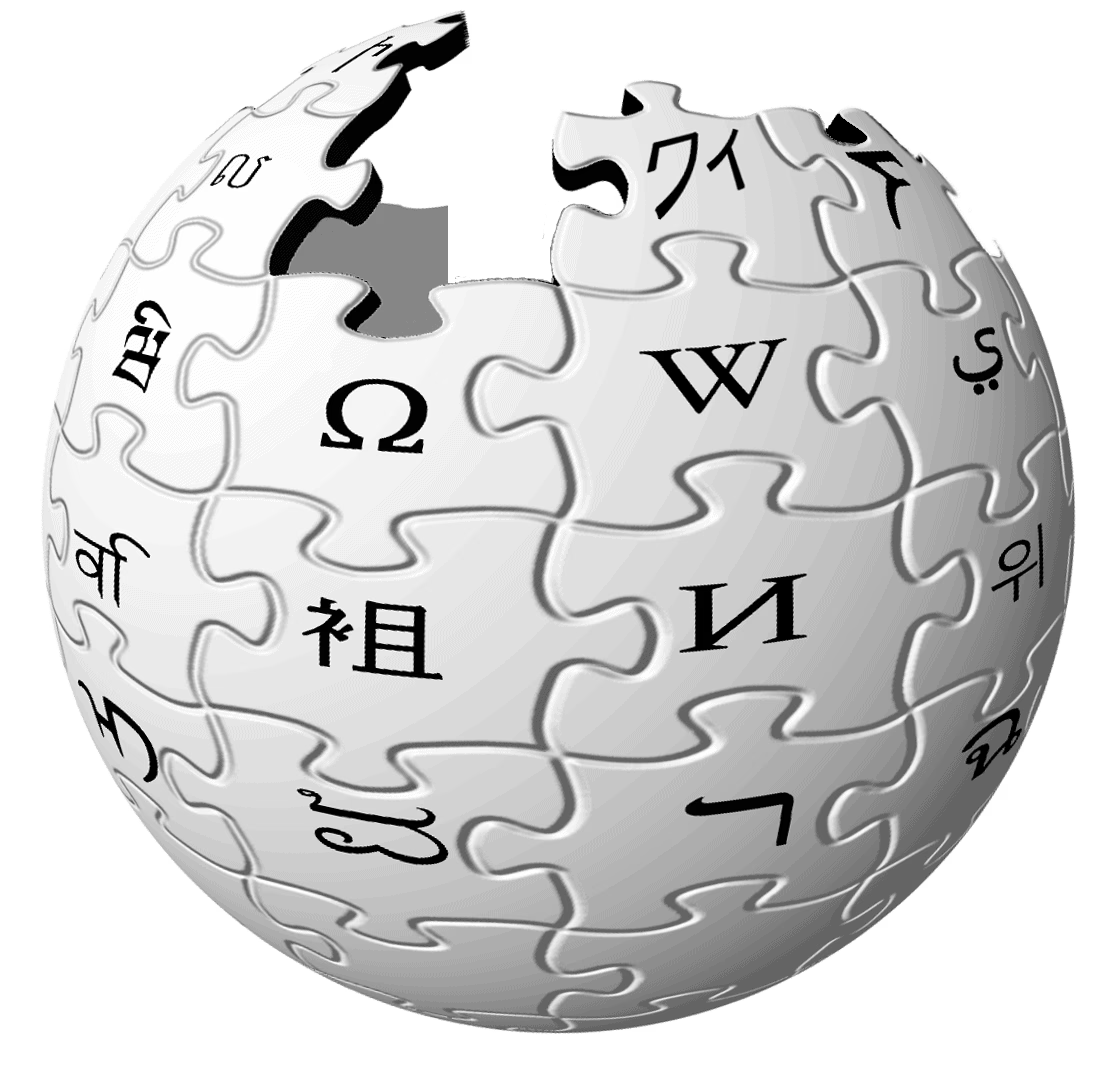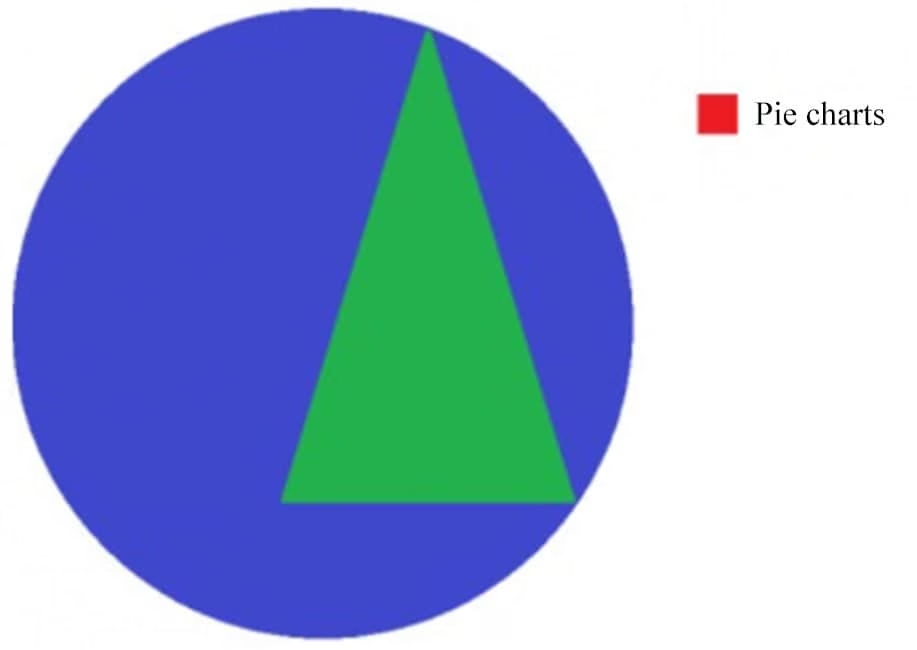Wikipedia magic trick

You are about to discover the secret shrouding the wikipedia legerdemain, a thrilling combination of mind manipulation, linguistics, mentalism, and cyber illusion. By the end of this piece, I promise you, not only will you comprehend the enigma behind the wikipedia magic trick, but you will have in your hands the to pull off the Wikipedia trick yourself.
I swear to you, it’s true.
The awestruck expressions on your friends’ faces as you always know the word they’re eyeing in a Wikipedia passage! The authority you command at your fingertips, the power to stun and astound is here.
But be careful, it can transform you into the life of every party, and make you a virtuoso of perceptual prestidigitation.
Stick around.
Because we’re on the verge of diving headlong into the depths of mentalism’s mysterious abyss. When you resurface, don’t be afraid when the abyss gazes back at you. Because after you read this article, you’ll be equipped to shake the world with your personal version of the Wikipedia magic trick. More on that later.
Magic trick Wikipedia
An unbelievable story till you try it yourself
A year ago, a mentalist performed this wikipedia trick on me, my mother, and aunt. We each looked up a article on the internet (including wikipedia). He, a mentalist, knew every word each of us thought of, from the internet articles and wikipedia articles each of us chose.

We were on separate coasts — my mom and me on the east coast, my aunt on the west coast. My aunt was using her computer. But then the strangest thing happened. My aunt tried to mess up the mentalist. She grabbed a real book off her shelf and challenged him. Still it worked! He knew the word she thought of from her book! He knew her thoughts. He knew our thoughts. Yes, you read that right. We thought of random words (I promise!) from articles on Wikipedia and other sites we were looking at. This mentalist knew every word we thought of. Even told my aunt the page number her word was on!
Magic trick know what someone searched Wikipedia
I was banging my head against the wall.

I had to know how he did it. I made it my mission in life to figure it out! After years of sweat and study, enduring the Tao in the Himalayas, meeting famous mentalists living and dead, finally I found the secret to the wiki magic trick. If your goal is to learn how it this trick was accomplished, read on. Stop now! Walk away. I caution you, spoiler alert: the real, secret reveal of the wikipedia magic trick may not be the satisfying, complicated explanation you hoped for.
Nothing great is as complicated as it looks. It’s simpler than you think. It’s simple, when I tell you the secret, you’re going to slap yourself.
How many variants of the Wikipedia magic trick?
News flash: There are 37 variations of the wikipedia magic trick. It’s simple, sure. But this is not an easy trick to perform well. Like in card magic, we’ve all seen a “pick a card” trick. But you know as I there are many pick a card variants, including the ones listed below.
- A hundred ways to select a playing card (selection)
- A hundred more methods a mentalist or magician may find your card (discovery)
- A hundred ways to magically reveal it (revelation)
Fair enough, but
At first I assumed (naïvely) this wiki magic trick was done in the way described below. The performer observed my fingers as I carelessly handled my phone. Or he might have seen something in the reflection of my eyeglasses, or maybe some hacking smartphone app. I was wrong. I know, I know. With lazy thinking like that, I would never get to the real solution. But my brain desperately needed an easy explanation, however implausible. I had to tell myself something, I could get to sleep; no matter how far-fetched, no matter how silly an explanation. I needed the answer. that’s what I told myself — in the reflection of my eyeglasses, he read every word I saw. But that didn’t explain my aunt, who was on her phone with us. There’s no way to see her through a phone into somebody’s house. Still, telling myself this comforting lie helped me sleep.
But I was WRONG! This is not the case. If it were the case, it would be a case (a legal case Is). Performing the mentalism wikipedia trick takes a fantastic memory and years of dedicated practice.
Even then, it is oftentimes — even usually — unreliable (not 100% accurate because it depends on selecting an intelligent participant as well). That’s why most professional, working mentalists choose more practical, “paint by numbers” mentalism material. It’s a mind trick easy to do poorly. Guessing a word in wikipedia is hard to do masterfully. The challenge is formidable, impossible. But want to know a secret? Great mentalists tend their minds like gardeners — a statue in the center, concentric hedges with ornaments and orchids enveloping the whole tidy arrangement. Mentalists sit back and marvel at their own sorted brain. They eat, sleep, and breathe their own thoughts and the uninvited thoughts of others (yes, Includes your thoughts). But don’t be offended. A mentalist has every right to your thought as you do, when you think about it.
Exceptional mentalists do the same with their participants’ minds (usually with a courteous detachment). Stay with me, this isgetting good. With that “thought” in mind, the first concept to understand the stage magic methodology behind every wikipedia magic trick is brain mapping illusion —a fancy term for thought tracking (more on that below).
Fact: Brain mapping, popularized in the 19th century, is an abstract parlor magic method of predicting and receiving thoughts using a (2nd) wave form of time deduction and induction based on language patterns (and frequently occurring letter combinations).
It sounds simple. But it isn’t.
Combine brain mapping or thought tracking with exhaustive demographic research accumulated over decades. Fortunately, most of the research is done not by mentalists but by linguists. Opportunistic mentalists have been quick to pounce on the linguistics data. You begin to see now down the rabbit hole Is the wikipedia magic trick. But there’s even more to it.
Look closely at the chart below.

Now imagine you’re reading an article on wikipedia and you think of the word “REMEMBER.” The magician or mentalist, seemingly by mind reading, tells you the word you merely thought of from the wikipedia article. Sound familiar? He must be using some mentalism magic app or mind reading! Astonishing, isn’t it? Wrong! It hit me like a ton of bricks. One, it wasn’t some app because I used my own phone — and besides my aunt was talking with us on her phone but she used a paperback book! Okay, he has real mind reading ability. Could this be true?
But hang on a minute.
Imagine for a moment you could read minds — I mean for real, read people’s minds. What would you do with your life? That’s a legit superpower. First thing that comes to mind? You’re not gonna try to create an entertaining act, rehearse it, add comedy, learn the ins and outs of the entertainment business and try to sell shows. There are easier ways to make a living and impress your friends, if you can know people’s thoughts.
Be honest.
You know it’s a trick. I knew it too. That’s why I was determined to find the secret method. The method involves using something like a sieve (colander). The mentalist first gets you to imagine hearing the word in your mind, and count the syllables. This part is easy. By watching your head and noting how long it takes you to respond, “Okay, got it,” proficient mentalists can guess the number of syllables. Three. Even though it’s a one in six (more than six syllables is unlikely), this can be unsettling. But it’s simple.
How many pages on Wikipedia magic trick?
With enough experience, a good mentalist can guess the number of syllables and the page number of your book (if using a book). Thanks to the linguistic sieve, he’s already managed to drain the pool of words by 78% (three-syllable words make up only 22% of all words). Just like that! Now most of the work is done. If you’re like most spectators, it probably feels like not much happened. But the mindreader is one step closer to guessing your word. All that remains is taking one more step.
It’s obvious once you think about it.
The average word length on English Wikipedia is 5 letters. But now the pool has three syllables (he made you count the syllables, even silently, he knows for certain). With a few exceptions like “idea” and “area,” three-syllable words average to 7 letters. There are 23 three-syllable words with only four letters total, but only a handful in common parlance. The performer now knows your word must have at least three vowels as well. You probably feel foolish now, wondering how you didn’t work this out yourself. Don’t feel foolish. Mentalists and magicians spend years on making 5 minutes of your life perplexing. You are no match for a mentalist in those 5 minutes.
It all boils down to this.
The mentalist knows the word you’re thinking of has 3 syllables, and has 7 letters. At this point, an exceptional mentalist knows even more after sizing you up.
Here’s the scary part.
The mentalist hasn’t broken a sweat. From the perspective of the audience, the performer hasn’t even lit any candles. But from the view of a psychically virile mentalist like Jon Finch, he’s already got his trousers off. Having seen the “Syllables Ploy” fly by you breezily, with even more confidence the mentalist asks you to count the letters in your word. The “psychic” performer observes your ideomotor response (easier than it sounds with a bit of practice), and now knows your word has 7 letters and ends with a vowel.
But there’s one small catch.
The only way to stop a mentalist from reading your mind is thinking of a word. But it’s more fun for everyone if you try NOT to screw it up. If you are successful at mentally transmitting your random thought to a mentalist, all your friends who witnessed it will be curious about you and want to talk to you.
Trust me.
Mentalists who perform the wikipedia magic trick devote hours to demographic studies (with frequently changing interests and attitudes), sometimes for years on end. Not to mention the study of language words and letters, mastery of timing, and pacing required to pull it off.
Sounds easy enough.
But the real secret to the wikipedia magic trick is, the mentalist isn’ta student of body language and demographics. A master mentalist, guessing a word on wikipedia, is a student of English (or whatever language he performs in). He knows every aspect of words — all the words it rhymes with, each curve and corner of every letter comprising the word. He knows its meanings, how many syllables it has, and how many letters are in it (during performance there’s no time to count, the master mentalist must commit this word info to memory, for more than 10,000 (constantly occurring) English words. We’re not through.
Magic trick Wikipedia
Once the magician, or well-endowed mentalist like Jon Finch, has chosen a spectator whose demographic the performer is familiar with, he’ll have the audience member visit Google, or Wikipedia, or perform some other mundane action. Some mentalists and psychic entertainers even ask the audience member to go to Youtube than Wiki, or if the performer see a bookshelf nearby, grabbing a book is a suitable mundane action during which the mentalist can observe the participants body language and compliance.
Guess Wikipedia article magic trick
The cunning conjurer has a spectator visit a webpage like wikipedia, or simply grab a book. After study of the bizarre magic technique myself, with some minor stage illusions success, mentalists need to direct audience members to, say, visit a page. Watching the spectator follow instructions, the “psychic entertainer” observes and secretly measures compliance and feedback.
But make no mistake about it
Using the guess wikipedia article magic trick, a mind reader needs a visual image of the word or wikipedia article in the spectator’s mind. It needs to be a vivid thought, focused in her mind. Or vivid in relation to the other thousands of words you have stored in the brain (from the many articles on wikipedia you’ve read). When a word is at the forefront of your mind, you’re likely to exhibit faintly discernible body language “tells.” You might have heard this word as it applies to poker, or games involving bluffing. But it has been applied in other arenas (e.g., the military). That’s what these mentalists are doing.
Magic trick to guessing what someone search on Wikipedia
If the psychic entertainer or mentalist combine the two stage magic techniques outlined above there’s a high degree of accuracy to these intuitive “guesses.” If you’ve ever witnessed the guess wikipedia magic trick being performed over zoom, you might have seen magicians, mentalists, or mind readers briefly consult some notes, or crystal ball. That’s because mentalists and bizarre magic mind readers have a lot of thoughts and information to track. Between the personality demographic statistics, and the types of tells you might be exhibiting in your body language, it’s much to juggle in the brain even if a mentalist devoted years to mastering the guess wikipedia magic trick method.
How many pages on Wikipedia magic trick
Consider yourself lucky if you got a chance to participate in this mentalism miracle known as the wikipedia magic trick. You will likely never see a mentalist perform this trick again. If you’re interested in learning more I’m happy to tell you everything I know.
Most working mentalists I spoke to (a few of whom I’m proud to call my friends now) feel conflicted about the wikipedia magic trick. They have a downright negative opinion of the magic trick. They said it’s much time spent. 15 minutes of the show on a routine for only one audience member (there’s only one mentalist in the world who can do the wiki magic trick with multiple people, simultaneously, and that’s Jon Finch The Miracle Man).
But as for me, the “guess wikipedia magic trick” was the most fascinating 15 minutes of my life. A miracle for one, sure. But still, a miracle.
You have now learned the wiki magic mind power.
You are a mentalist.
My friend, you are now a proficient cyber sorcerer. You’ve undertaken a phenomenal journey, crisscrossing the magical realm and the fast-paced corridors of the Internet, deciphered the riddles of mentalism, and unlocked the mystery of the Wikipedia magic trick. You’ve stepped into the sanctum of secrets and emerged not merely enlightened but transformed, the art of digital magic now dancing at your fingertips.
The road to bewilderment has been set for you, step by step, every subtle movement, nuance, best practices, and maneuvers of the trick now as transparent as a crystal ball. You stand now as a conjurer — not a mere onlooker. You are now a svengali — not a mere spectator — armed with the ability to spellbind, flummox, and dazzle. The power to stun an audience now crackles at your feet.
Treasure the inevitable vision of your loved ones, their faces a spectacle of disbelief as you showcase your newfound magic. That vision is no longer a fragment of your imagination, but an impending reality. It’s your moment to ignite amazement, to inspire awe, to become the life of the gathering. It’s your time to etch your name in the chronicles of digital magic and mentalism.
Give yourself a pat on the back.
You’ve done it. You’ve not only mastered the trick, you’ve imbibed its essence. Like Jon Finch, you can make miniature miracles wherever you go. Step forward, mystify the masses with your mental magic. Remember — in your grasp lies the ability to astound. Welcome to the coven of conjuring, the magical realm. You are now a wizard of the wonderful world of Wikipedia magic!
